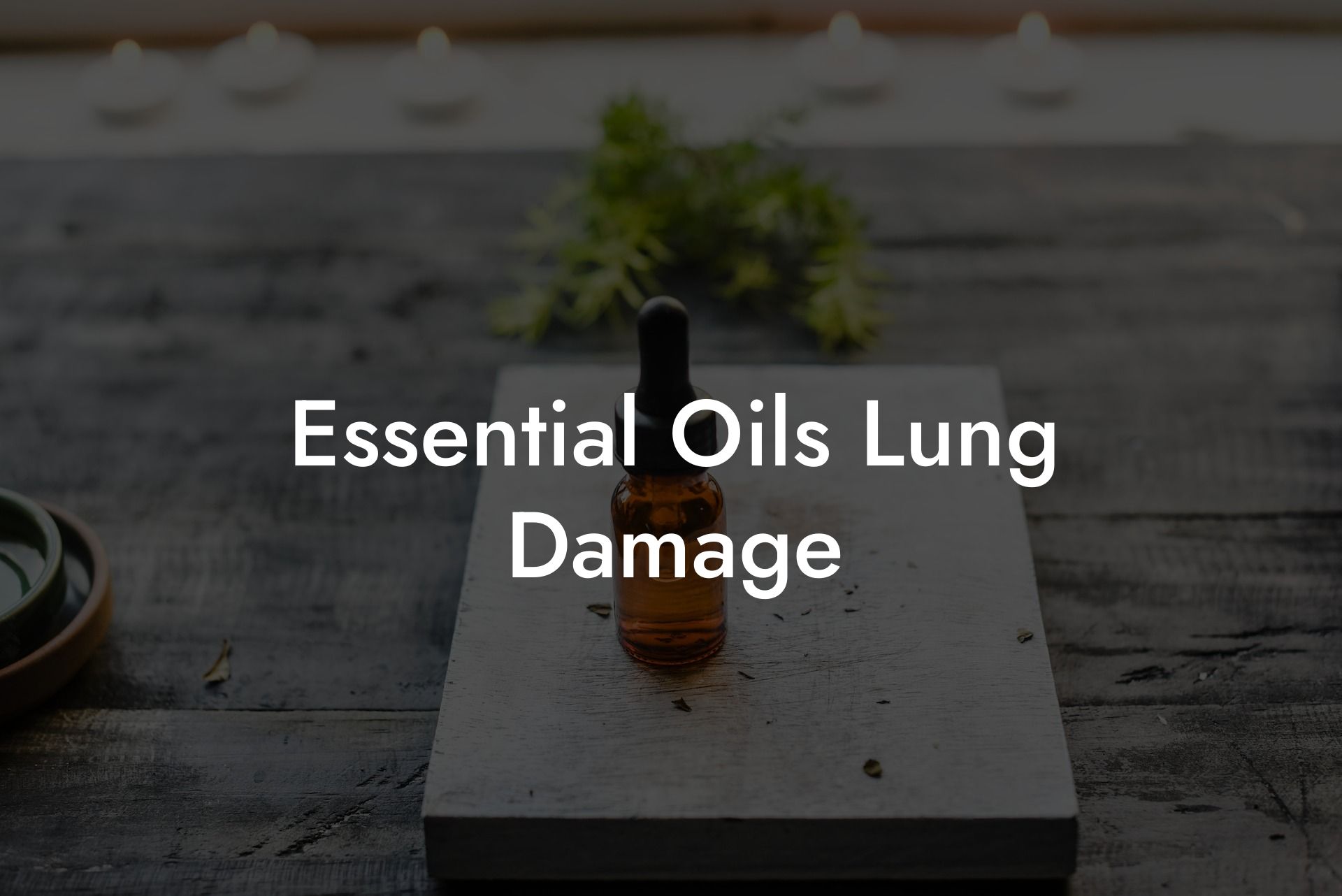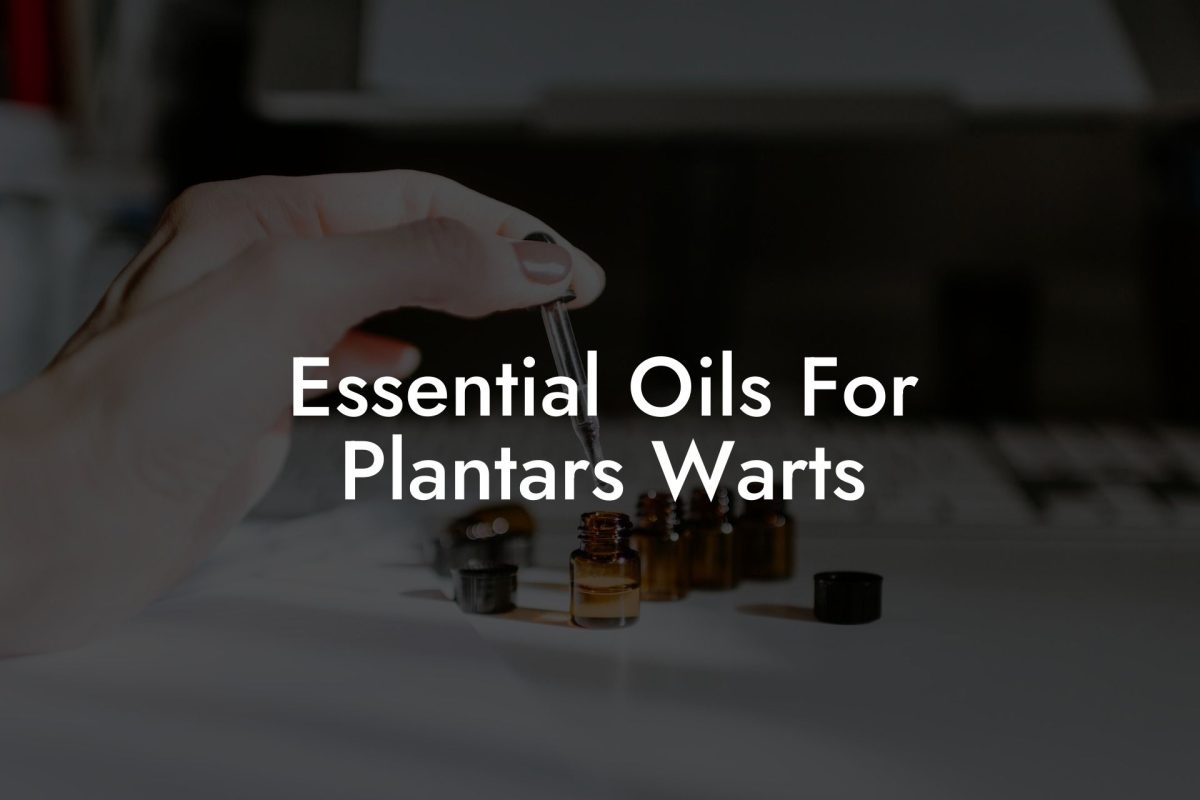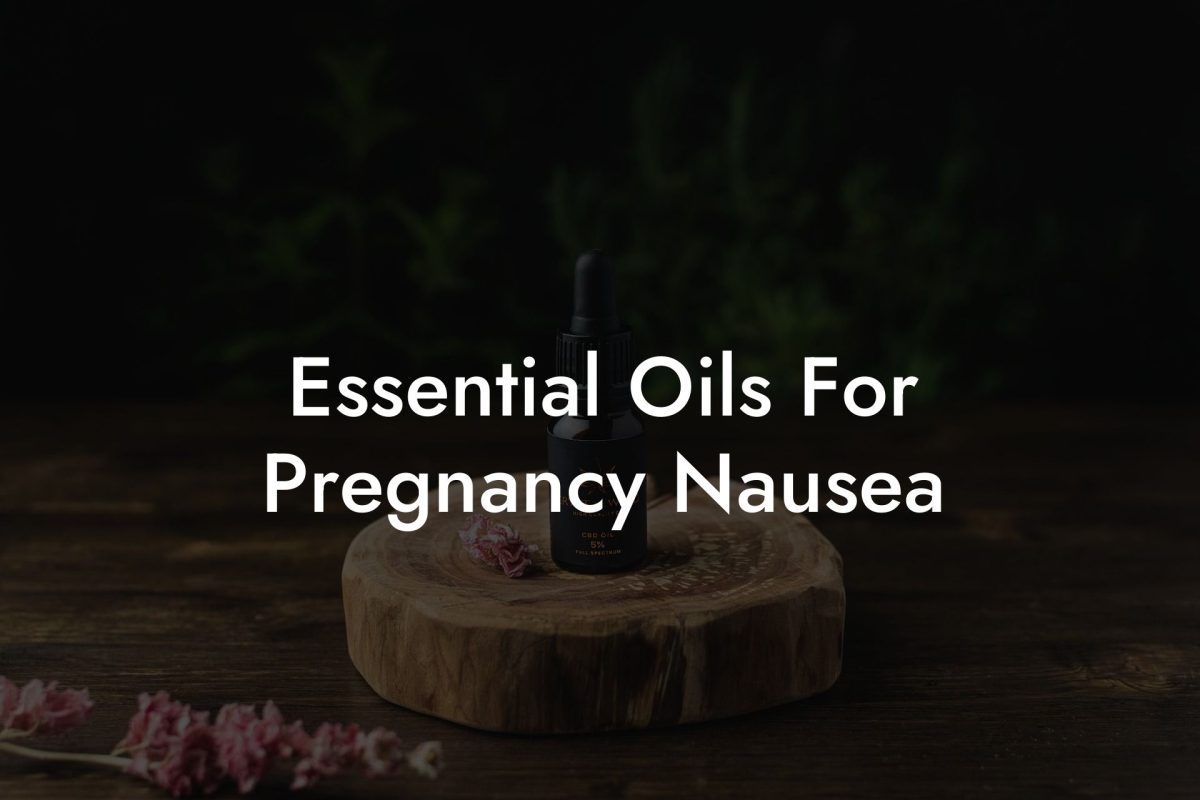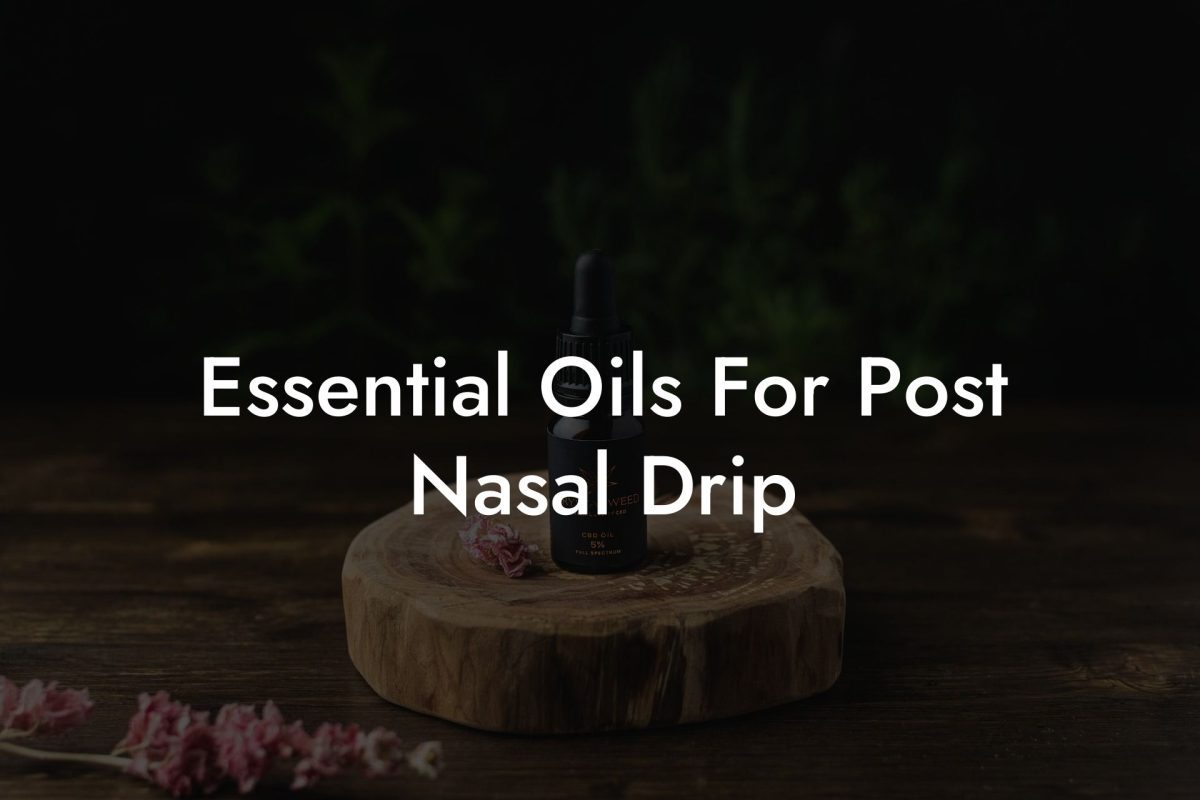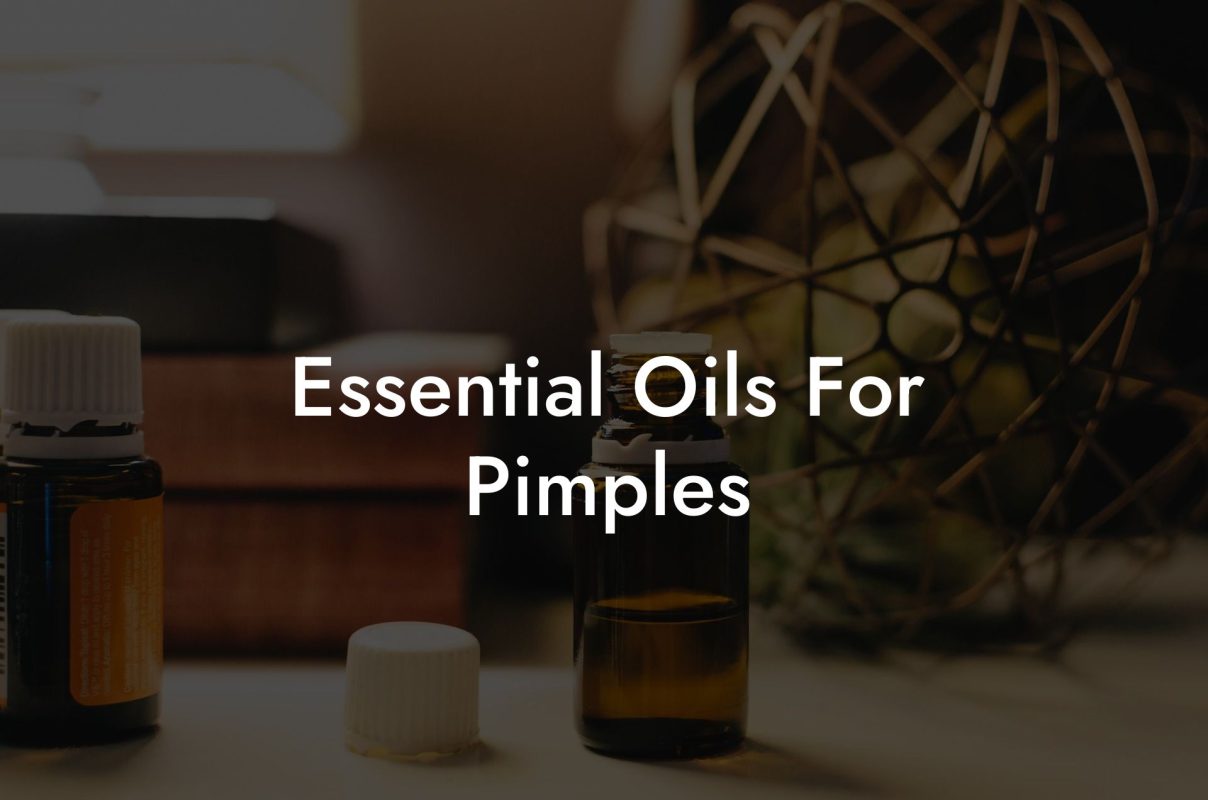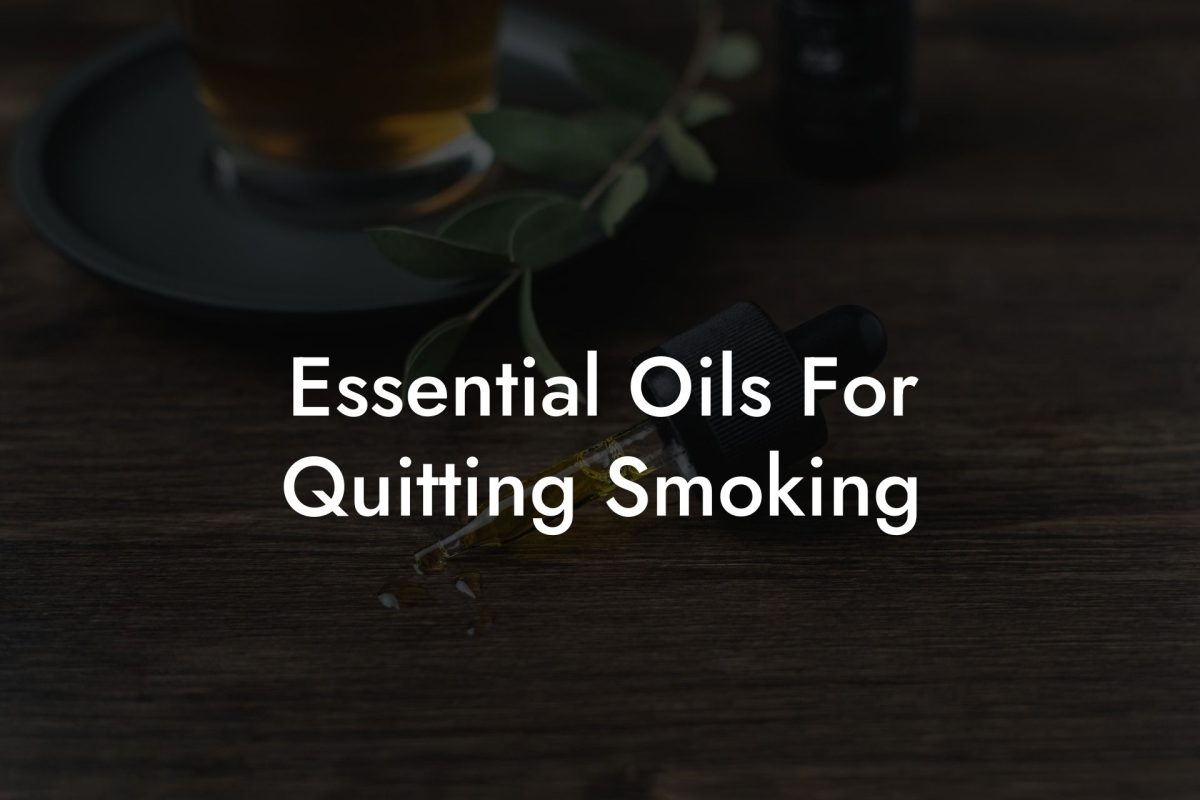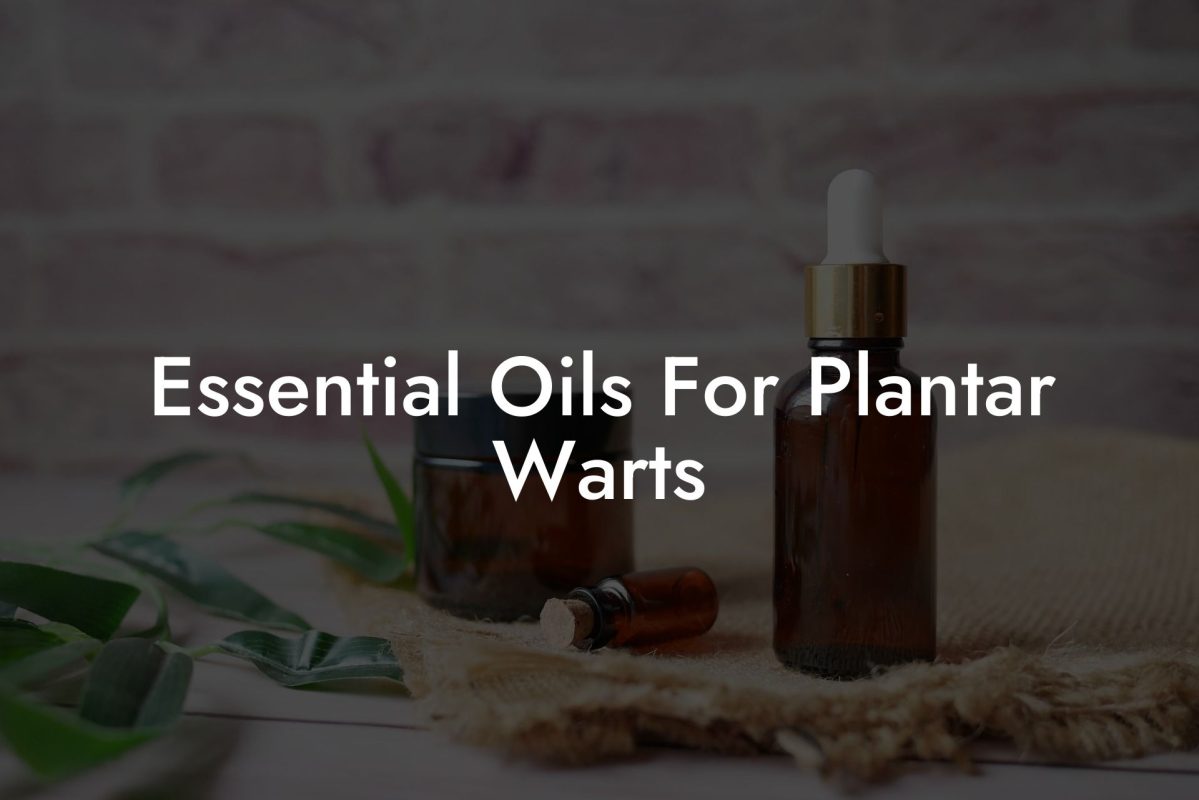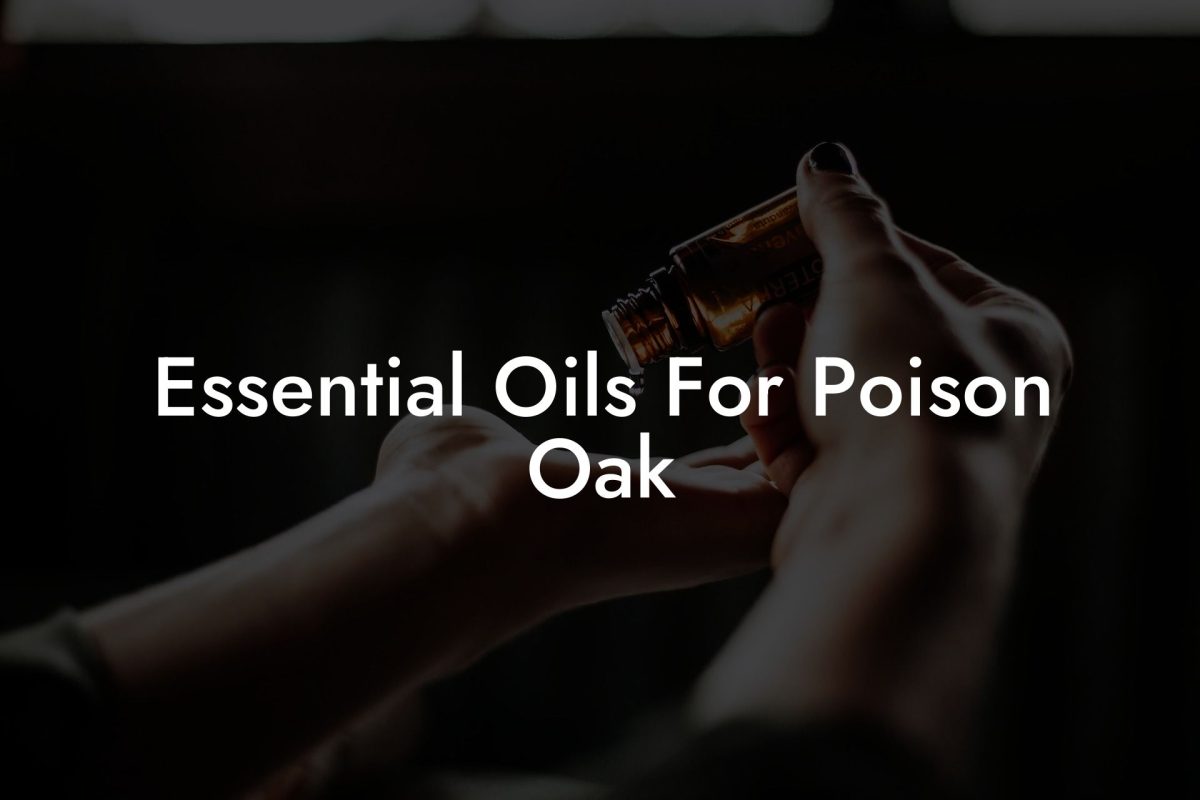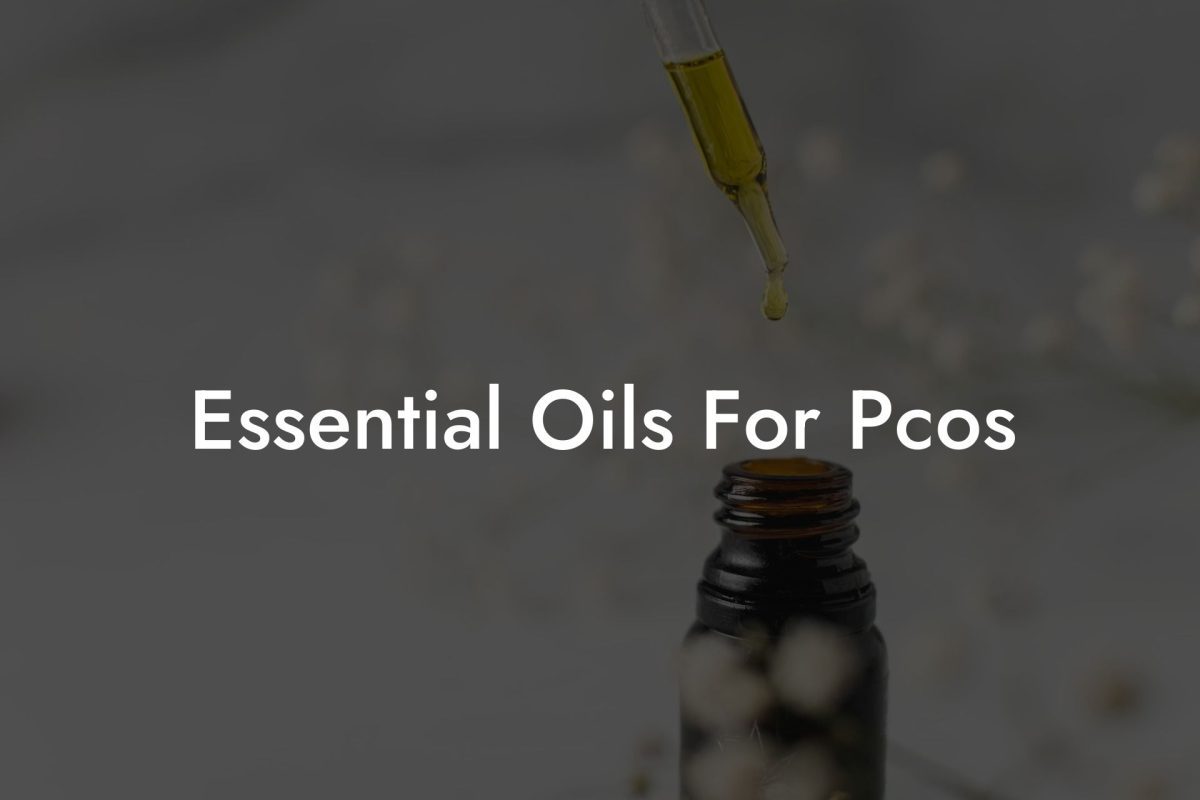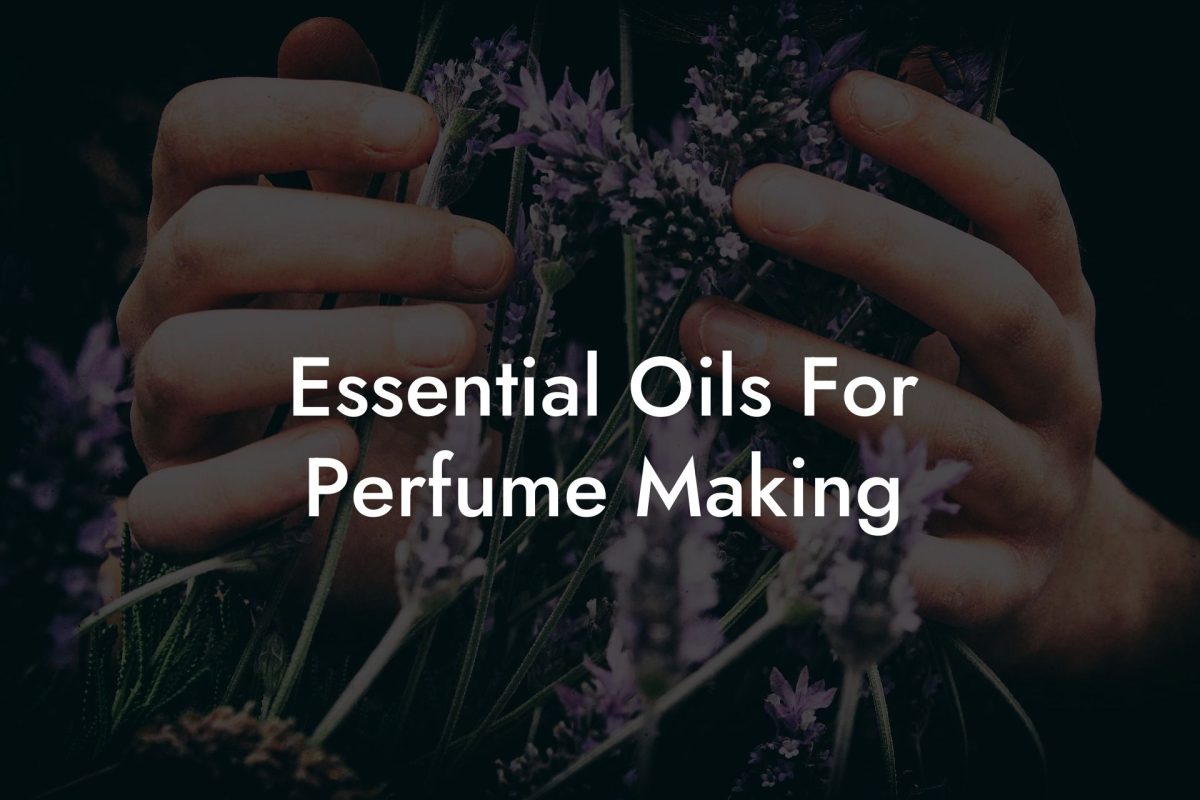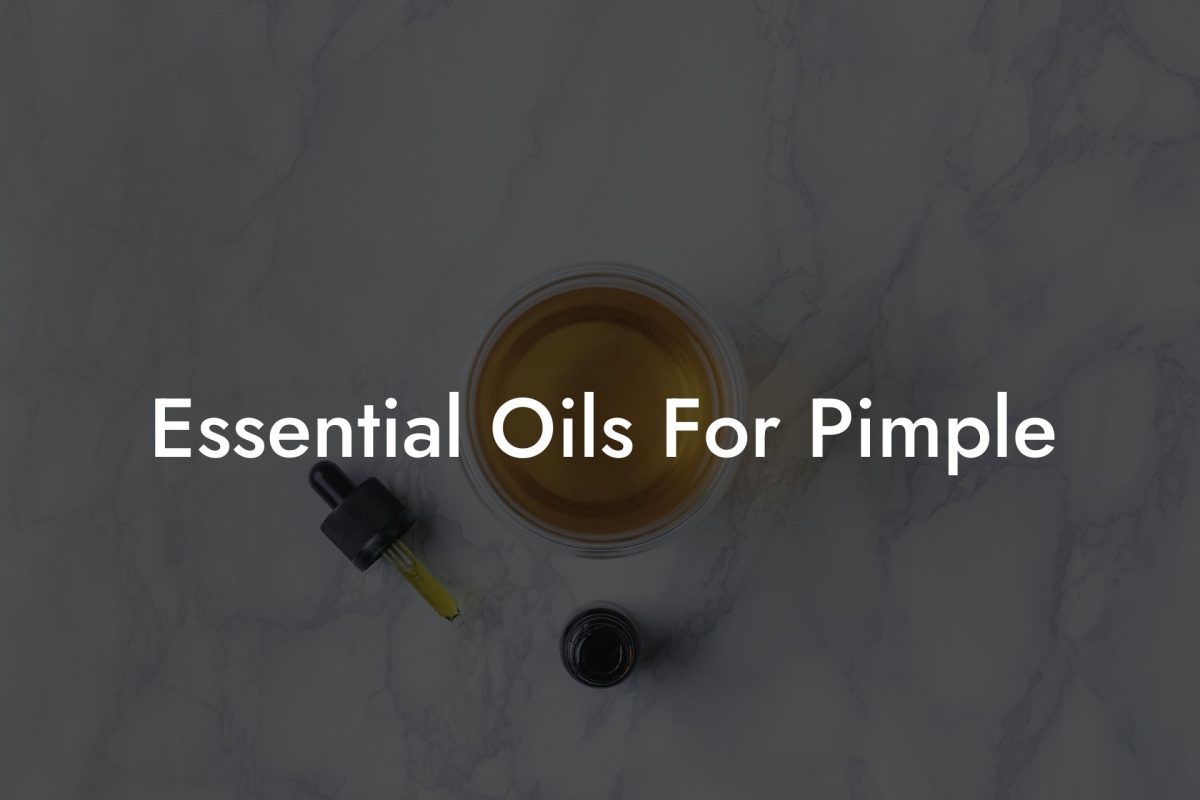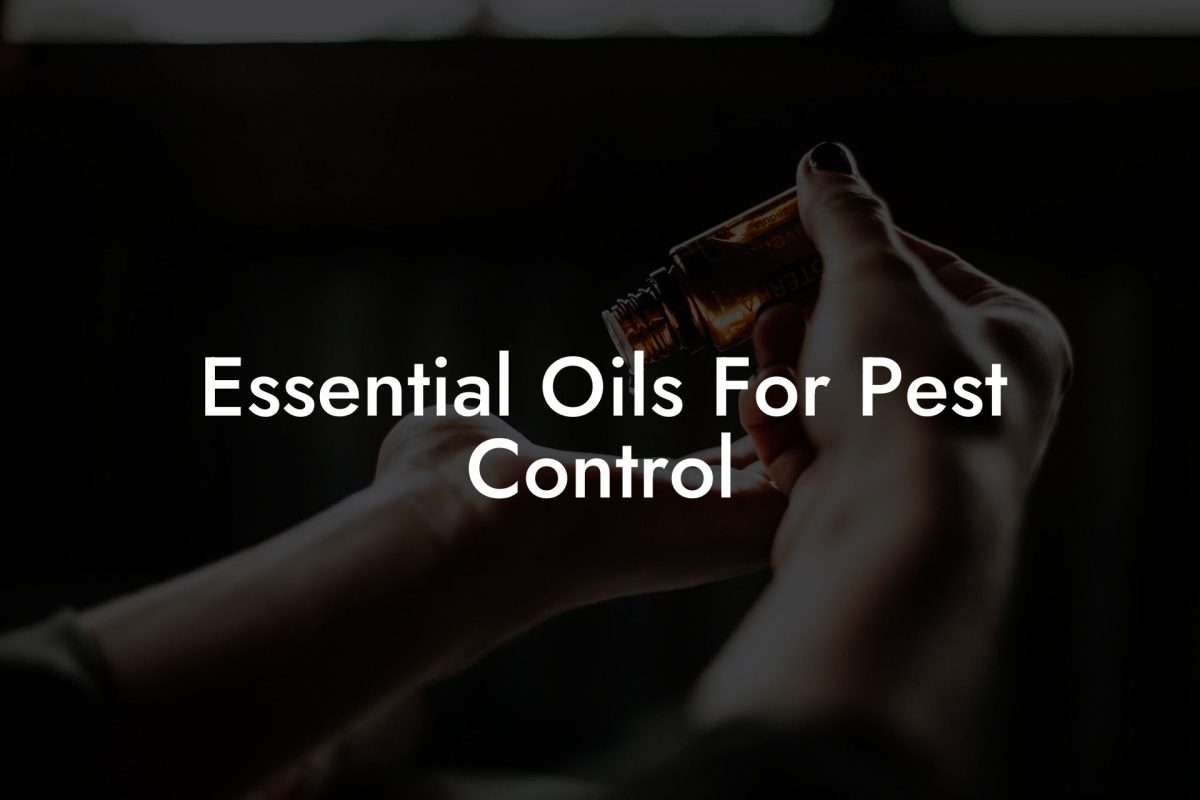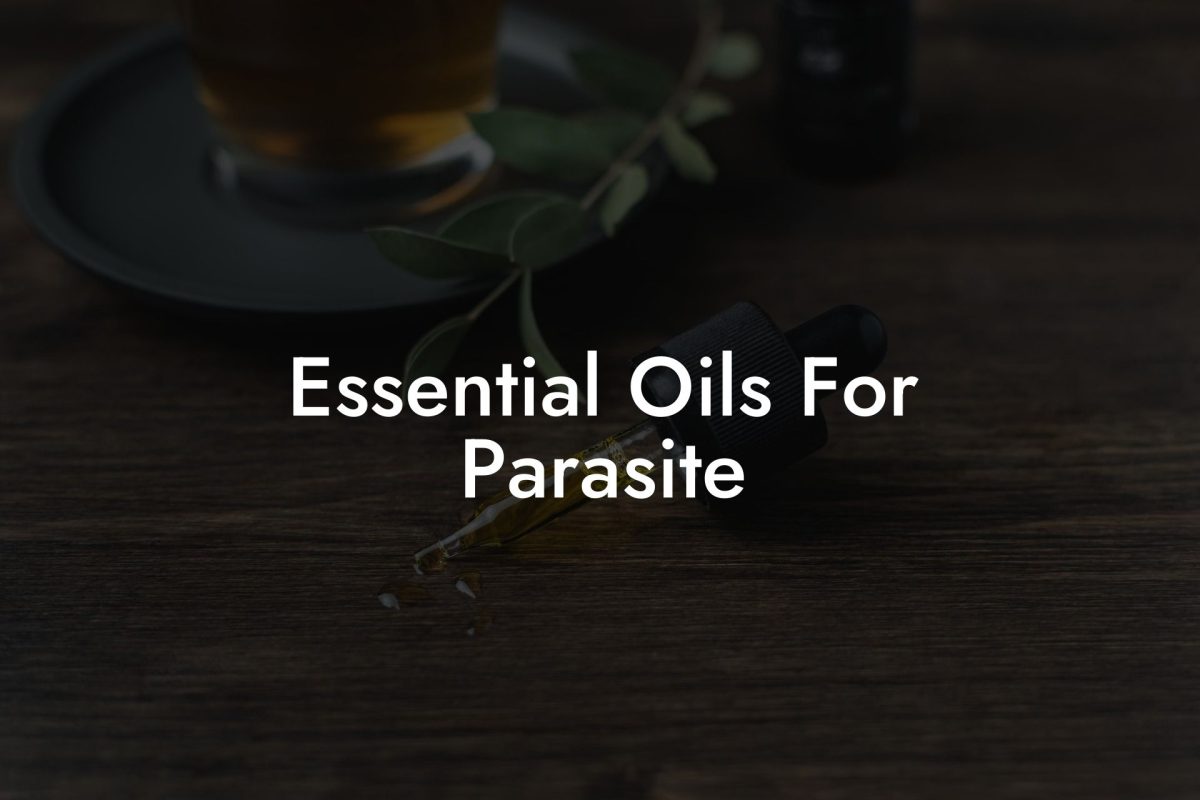Lung health is critical, and with the increasing pollution in our environment, we need to be proactive in taking care of our respiratory systems. In recent years, there has been a surge in the popularity of essential oils as a natural remedy for various ailments. But can essential oils help with lung health, or could they potentially cause damage? In this article, we delve into the world of essential oils and their effects on lung health, providing evidence-backed information to guide you through this complex topic.
Table of Contents
Understanding Essential Oils and Their Effects on Lungs
Essential oils are concentrated plant extracts that have been used for centuries for their therapeutic properties. Many of these oils have been found to have positive effects on respiratory health, such as helping to alleviate congestion, soothe coughs, and relieve inflammation. However, essential oils are potent substances, and using them improperly or in excessive amounts can lead to side effects, including potential lung damage.
Benefits of Essential Oils for Lung Health
Some essential oils have been found to have properties that can help support lung health, including:
- Eucalyptus – helps to clear congestion and ease breathing
- Lavender – has anti-inflammatory and antimicrobial properties that can help fight infections
- Peppermint – helps to relax bronchial muscles and relieve symptoms of asthma
- Rosemary – has antioxidant and anti-inflammatory properties that can support lung health
- Thyme – helps to fight respiratory infections and soothe coughs
Potential Risks and Lung Damage from Essential Oils
Despite their potential benefits, essential oils can also pose risks, including:
- Irritation and Allergic Reactions: Some essential oils can cause irritation to the respiratory tract, triggering symptoms like coughing, wheezing, and shortness of breath. In some cases, these reactions can be severe and lead to lung damage.
- Aspiration: Accidentally inhaling essential oils or droplets can lead to aspiration pneumonia, a type of lung infection that can cause serious complications.
- Interaction with Medications: Some essential oils may interact with medications, particularly those used to treat respiratory conditions, and may lead to adverse side effects.
- Use of Low-Quality Oils: Low-quality, adulterated, or synthetic oils can contain harmful chemicals and impurities that may damage the lungs and other organs.
How to Use Essential Oils Safely for Lung Health
To minimize the risk of lung damage from essential oils, it’s essential to follow safety guidelines, including:
- Choose high-quality, pure essential oils
- Follow proper dilution guidelines
- Use a diffuser or humidifier for inhalation, rather than direct inhalation
- Consider patch testing to check for possible allergic reactions
- Consult with a healthcare professional before using if you have a pre-existing respiratory condition, allergies, or are pregnant or breastfeeding
Essential Oils Lung Damage Example:
Kate, a 35-year-old woman, has been struggling with seasonal allergies and asthma. Seeking a natural remedy, she started diffusing eucalyptus oil in her living room to help with her symptoms. After a few days, Kate noticed a significant reduction in her congestion and wheezing. However, she also started experiencing headaches and nausea when using the oil. Realizing that she might be using too much eucalyptus oil, she reached out to an aromatherapist for guidance on proper dilution and safe use.
Following the advice, Kate ensured her essential oil was pure, properly diluted it, and diffused it for shorter periods. Gradually, her headaches and nausea subsided, and she continued to enjoy the benefits of the eucalyptus oil for her respiratory health without any complications.
Essential oils can be a powerful tool for promoting lung health, but it’s important to use them wisely and responsibly to avoid potential risks. Always choose high-quality oils, adhere to proper dilution guidelines, and consider consulting with a healthcare professional before incorporating essential oils into your lung health regimen. If you found this article helpful, we invite you to explore other guides on Oshu Oils, and discover our range of artisan essential oils designed to support your overall wellbeing. Don’t forget to share this article with your friends and family who may benefit from better understanding the potential impact of essential oils on lung health.

